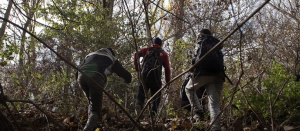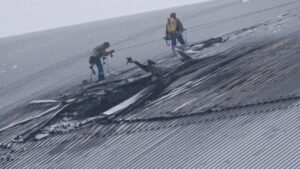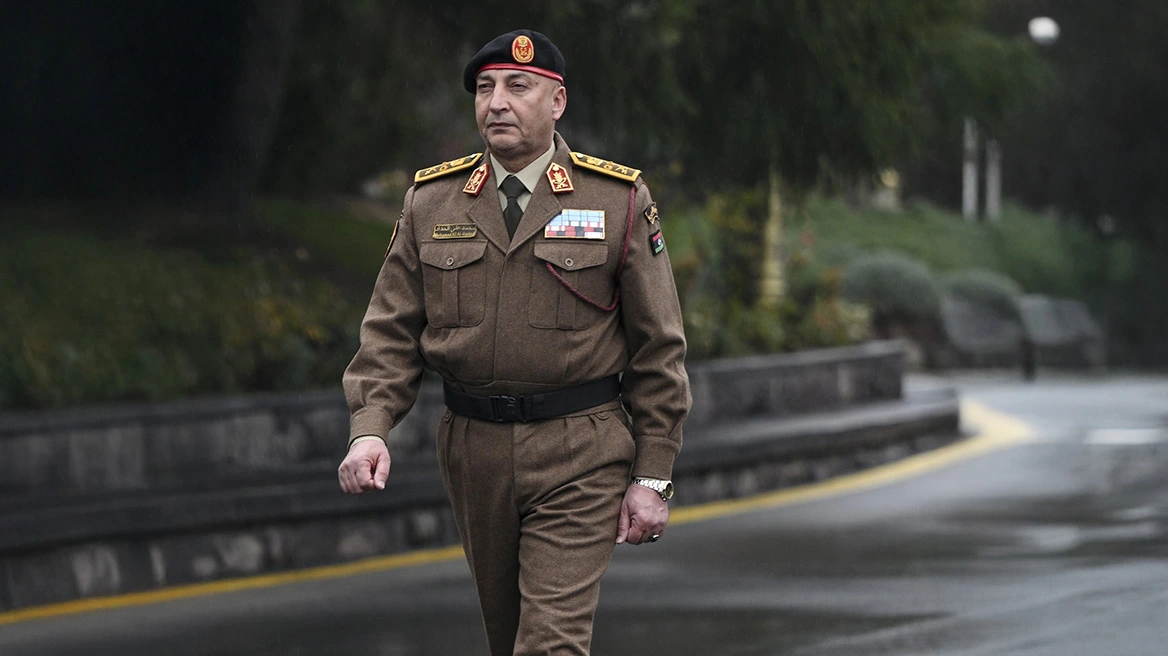In the dead of night, Yunuz Cagar and his wife Cansu gave their baby some herbal tea to help her sleep, donned backpacks and followed smugglers on a muddy path along the Evros river, evading fences and border guards until they reached Greece.
Mr. Cagar, a 29-year-old court clerk, was living a quiet life with his family in a provincial town near Istanbul until Turkey’s crackdown after a failed military coup in 2016 turned their world upside down. Judges, colleagues and friends were arrested. He lost his job and had to move the family into his parents’ attic. Mr. Cagar was arrested and spent four months in prison. His crime, he says, was downloading a messaging app, an act he says the state treated as evidence of supporting terrorism.
The flow of asylum seekers crossing the Greek-Turkish border along the Evros river is rising for the first time since the peak of Europe’s migration crisis in 2015. This time, though, the increase is mainly due to Turks fleeing President Recep Tayyip Erdogan and his dragnet against real or imagined followers of the U.S.-based cleric Fethullah Gulen. Turkey accuses Mr. Gulen, an ex-ally turned enemy of Mr. Erdogan, of orchestrating the coup attempt.
Around 14,000 people crossed the Evros frontier from January through September of this year, more than double the number for the whole of last year, according to the Greek police. Around half of them were Turkish citizens, according to estimates from Frontex, the European Union’s border agency. Many are judges, military personnel, civil servants or business people who have fallen under Turkish authorities’ suspicion, had their passports canceled and chosen an illegal route out.
Nearly 4,000 Turks have applied for asylum in Greece so far this year. But most Turkish arrivals don’t register their presence in Greece, planning instead to head deeper into Europe and further from Turkey.
The inflow has added to the strained relationship between Turkey and Greece, already bedeviled by territorial tensions and historical grievances. Turkish authorities and pro-government media have branded the thousands who have crossed the Evros as terrorists and accused Greece of harboring them.
Though the Evros frontier is heavily guarded, it is still an easier way to reach Greece than taking a boat to an Aegean island such as Lesbos. The islands have become dead-ends, where thousands of refugees and other migrants remain stuck in squalid camps as a trickle is allowed onto ships headed for the Greek mainland.
Read more HERE
Ask me anything
Explore related questions





